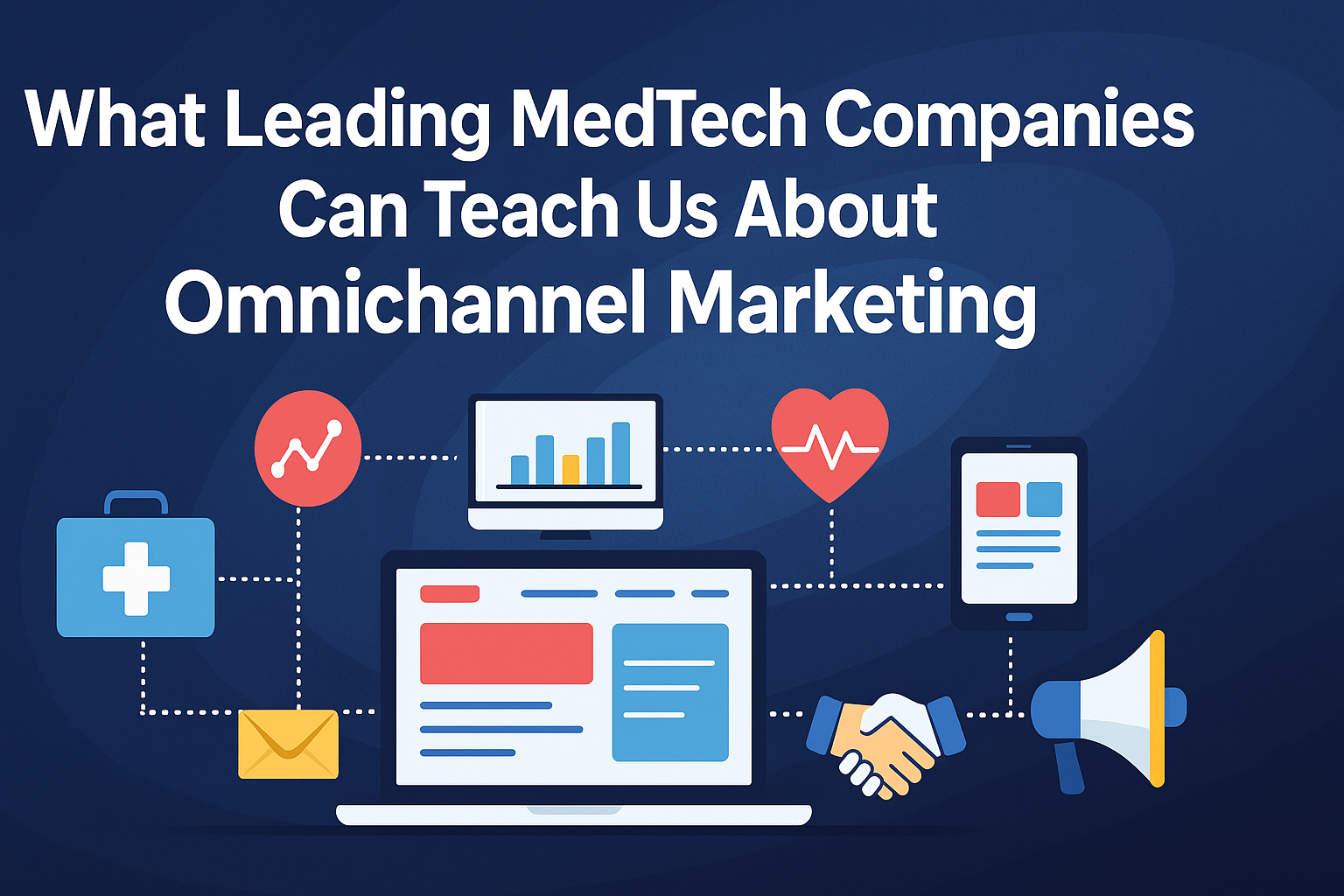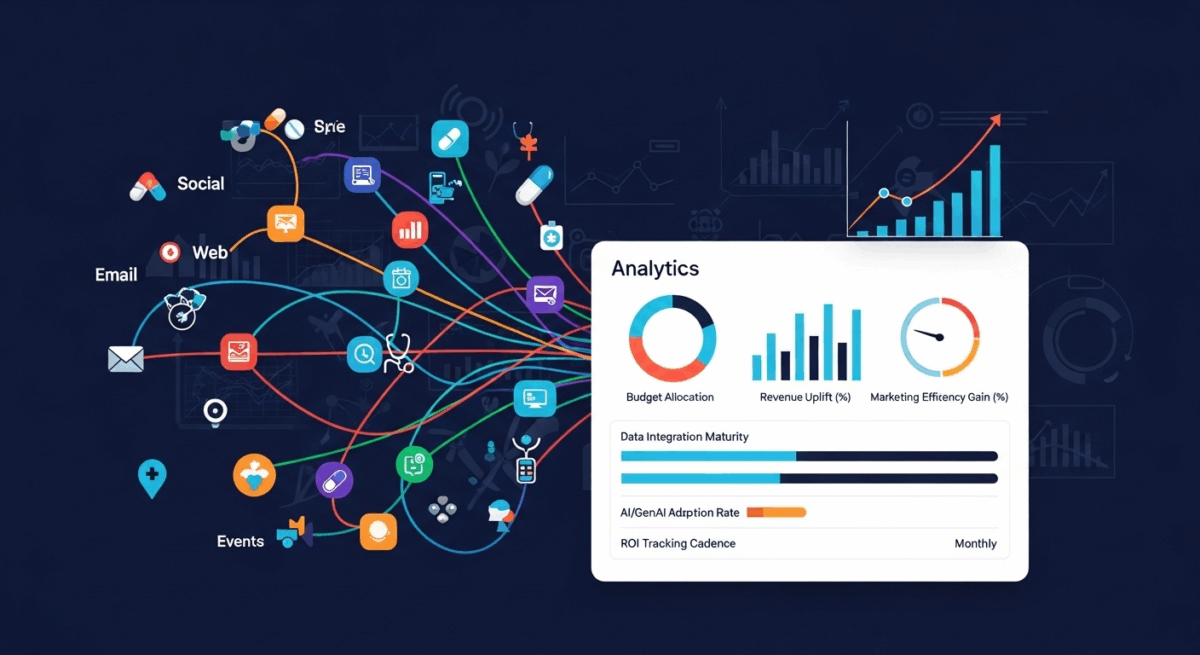The €100 Million Bet on Retail Diagnostics
Omnichannel in MedTech usually means a half-baked app, an email campaign, or a portal nobody uses. ZEISS changed the script.
In March 2025, ZEISS launched its EyeCare Network and quietly took a €10 million stake in Ocumeda, a tele-ophthalmology platform connecting 700 optical stores to 300,000 patients. Retail stores. Welcome to the new front line of diagnostics.
What’s Happening in Stores
The journey starts when someone walks into an optician’s shop to get new glasses. Instead, they’re offered a medical-grade eye check using ZEISS devices like the VISUREF 1000. That data is sent to a licensed ophthalmologist through Ocumeda’s secure platform. Within hours, the patient gets a validated medical opinion.
This is more than a tech pilot:
- 120,000+ screenings already done in Germany.
- 700+ sites onboarded.
- Rollout underway in Austria and Switzerland.
Retail is becoming the gateway to care. Not the follow-up. The entry point.
Why This Is True Omnichannel in MedTech
Most omnichannel talk is just marketing. ZEISS is building infrastructure.
- Retail as healthcare touchpoint
- Hardware + software + clinical validation
- Training and support for store staff
- GDPR-ready workflows from day one
Every part of the journey — from store to cloud to clinic — is tightly integrated.
Why ZEISS Bought a Piece of the Ocumeda Platform
ZEISS didn’t stop at integration. It bought 10% of Ocumeda, with the option to go to 25%. This isn’t a partnership but a vertical integration.
Owning a slice of the platform means:
- More influence over features, pricing, data standards
- Tighter alignment between devices and digital workflows
- Protection from being locked out by third-party platforms
Think Apple with its chips. Tesla with batteries. ZEISS wants the same control in MedTech.
Where It Could Go Wrong
The model works. But scaling it won’t be easy. Risks include:
- Channel tension – Will ophthalmologists feel replaced?
- Quality variation – Can every optical shop maintain high standards?
- Data governance – Who owns the patient data?
- Regulatory fog – Is a retail “screening” still a medical act?
- EU complexity – Rules change across borders. Fast.
The challenge isn’t the tech. It’s alignment on legal, operational, and clinical level.
For MedTech practitioners it has one more caveat. Vision Care has retail element while other areas such as Orthopedics, Specimen Management, Medication Management are pureplay B2B.
FAQs: What You Need to Know
Not yet. It’s mostly out-of-pocket, but early signs show willingness to pay for convenience and speed.
No. It’s offering pre-screening. Final decisions still rest with licensed doctors.
Because it integrates physical diagnostics, real medical devices, and human oversight, not just video calls.
Any field with simple tests, decentralised screening potential, and device-led data capture could follow suit.
What Other MedTech Companies Should Learn
This isn’t about gadgets. It’s about building a system where:
- Devices become data sources.
- Stores become clinics.
- Platforms become the product.
If you’re still pushing apps with no backend, portals with no users, and devices with no data strategy, you’re not doing omnichannel. You’re doing PR.
Final Takeaway
ZEISS is turning the optical shop into a diagnostic hub and buying into the data backbone that powers it. This is what real omnichannel looks like in MedTech, where the product is the experience, and the device is just the entry point.
Own the gateway. Or someone else will.
This content has been enhanced with GenAI.




